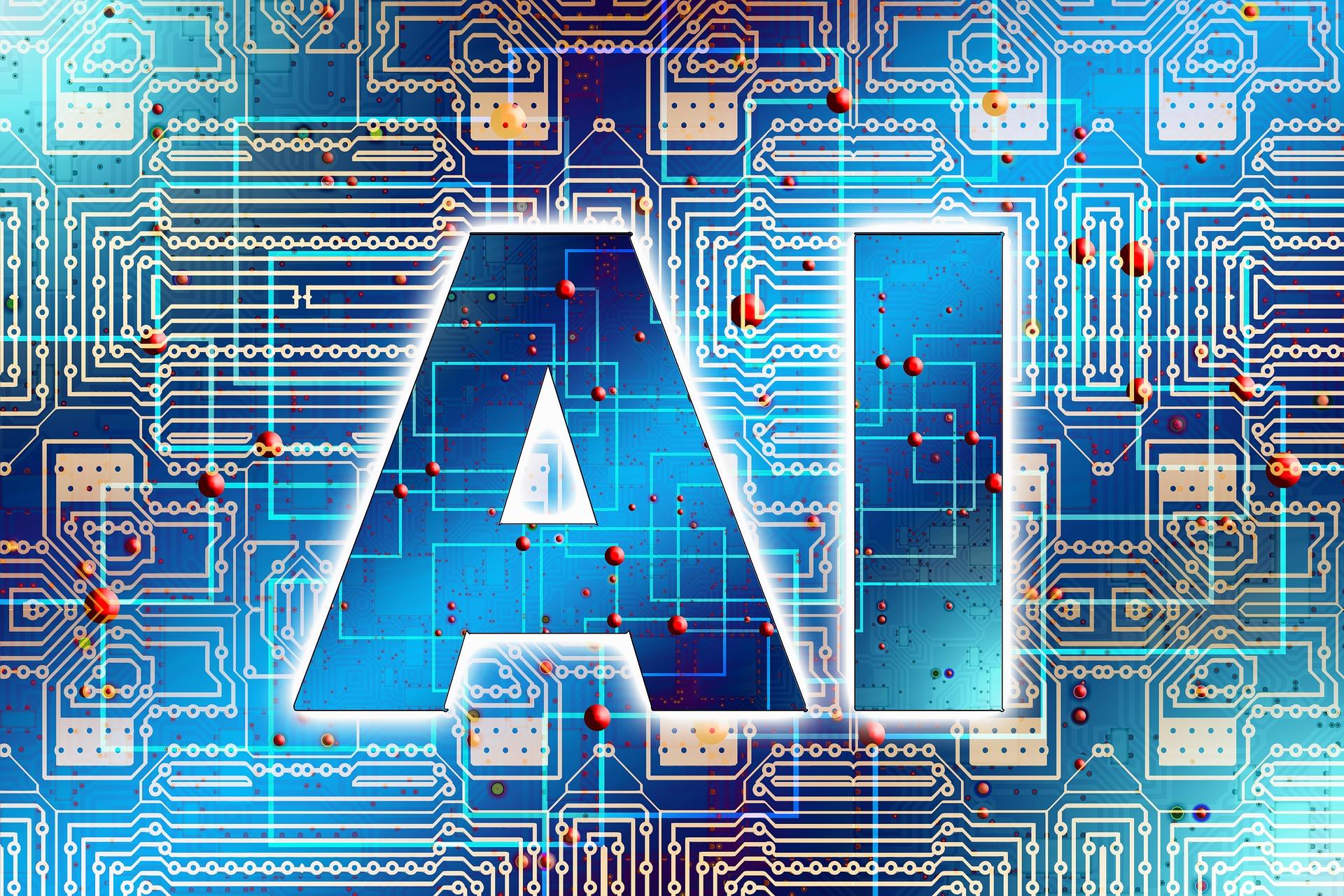Here are Answers to Common Questions About Artifical Intelligence AI

How Does Artificial Intelligence Work?

How do I Unlock the Potential of AI
Artificial Intelligence (AI) is revolutionizing the way we live and work. At Intelligent Life AI, ( GWB) we believe in harnessing the incredible power of AI to shape a brighter future.
Whether you’re a business aiming to optimize your operations or an individual seeking cutting-edge solutions, our AI programs and software are meticulously designed to empower you with the latest technology.
With our deep expertise in AI, you can tap into the capabilities of intelligent machines to drive innovation, boost productivity, and unlock boundless opportunities. Join us on this exhilarating journey towards a smarter, more connected world.
Let’s embrace the future together!
Is AI Dangerous and Will It Take Over the World?
Whether or not AI is dangerous is a complex question that has been debated by experts for many years. There are certainly some potential dangers associated with AI, such as:
- Job displacement: As AI becomes more sophisticated, it is likely to automate many jobs that are currently done by humans. This could lead to widespread unemployment and social unrest.
- Weaponization: AI could be used to develop autonomous weapons systems that could kill without human intervention. This could lead to a new arms race and increased risk of war.
- Loss of control: As AI systems become more powerful, it is possible that we could lose control of them. This could lead to AI systems making decisions that have unintended consequences for humanity.
What Are The Benefits of AI?
Currently, there are many potential benefits of AI, such as:
- Improved healthcare: AI can be used to diagnose diseases more accurately and efficiently than humans can. This could lead to earlier detection and treatment of diseases, saving lives.
- Sustainable development: AI can be used to optimize resource use and reduce pollution. This could help us to address the challenges of climate change and environmental degradation.
- Improved quality of life: AI can be used to automate tasks, freeing up people’s time for more creative and fulfilling activities. This could lead to a more productive and happier society.
How Will AI Protect The Average Persons Rights?
Whether AI can be used equally by all in the future is a question that is still being debated. There are some challenges that need to be addressed in order to make AI more accessible, such as:
- Cost: AI technology is still in its early stages of development, and it can be expensive to develop and deploy AI systems. This means that AI is currently out of reach for many people.
- Skills: AI requires a certain level of technical skills to develop and use. This means that people who do not have these skills may be excluded from using AI.
- Data: AI systems need to be trained on large amounts of data. This data can be expensive to collect and curate, which can make it difficult for people in developing countries to access AI.
- However, there are also some reasons to be optimistic that AI can be used equally by all in the future. For example, the cost of AI technology is decreasing, and there are a number of open-source AI tools available. This means that it is becoming easier for people to develop and use AI systems
Is it Safe for The Average Person to Use AI?
Generally, yes, it is safe for the average individual to use AI programs and software right now. However, there are some risks that individuals should be aware of, such as:
- Bias: AI systems can be biased, which means that they can make decisions that are unfair or discriminatory. This can happen if the data that the AI system is trained on is biased.
- Privacy: AI systems can collect and store a lot of data about individuals. This data could be used to track individuals’ activities or to target them with advertising.
- Security: AI systems can be hacked, which means that someone could gain access to the data that the AI system is using. This data could then be used to harm individuals or to steal their identity.
How Do I Minimize The Risks of Using AI?
To minimize these risks, all users should:
- Be aware of the potential biases in AI systems: When using an AI system, individuals should be aware of the potential biases that the system may have. This information can usually be found in the system’s documentation.
- Be careful about the data that they share with AI systems: Individuals should be careful about the data that they share with AI systems. Only share data that is necessary for the system to function.
- Use secure passwords and keep their software up to date: Individuals should use strong passwords and keep their software up to date to help protect their data from being hacked.
By taking these steps, individuals can help to protect themselves from the risks associated with using AI programs and software.
.
Is AI Learning Like We Do As Humans?
Here are some of the key differences between how AI programs and humans learn:
- Humans learn by interacting with the world: Humans learn by interacting with the world around them. They see things, hear things, touch things, and experience things. This sensory input helps them to learn about the world and how it works.
- AI programs learn from data: AI programs learn from data. This data can be text, images, or other types of information. The AI program is trained to identify patterns in the data and to use these patterns to generate new output.
- Humans learn by making mistakes: Humans learn by making mistakes. When they make a mistake, they learn from it and try not to make the same mistake again.
- AI programs do not make mistakes: AI programs do not make mistakes in the same way that humans do. They can only generate output that is based on the data that they have been trained on. If the data is incorrect, the AI program will generate incorrect output.
- Humans have a physical body: Humans have a physical body that allows them to interact with the world. This physical body gives humans a unique perspective on the world that AI programs do not have.
- AI programs do not have a physical body: AI programs do not have a physical body. This means that they cannot interact with the world in the same way that humans can.
Should We Fear Artifical Intelligence?
Whether or not we should fear AI as a whole, especially sophisticated AI, is a complex question that has been debated by experts for many years. There are certainly some potential dangers associated with AI.
Ultimately, whether or not we should fear AI depends on how it is developed and used. If we are careful to develop AI in a responsible way, it has the potential to be a force for good in the world. However, if we are not careful, AI could pose a serious threat to humanity.
It is important to have a conversation about the potential dangers and benefits of AI, and to develop ethical guidelines for its development and use. By doing so, we can help to ensure that AI is used for good and not for harm.
Access The Best AI Programs and Software on Our Website.

What is AI Explained in Simple Terms?
What is Artificial Intelligence?
Artificial Intelligence (AI) is the exciting field of study dedicated to creating machines that possess human-like intelligence. With AI, machines can perform tasks that typically require human intelligence, such as learning, problem-solving, understanding human speech, and even driving cars autonomously.
The applications of AI are vast and diverse, ranging from advanced web search engines and recommendation systems to popular voice assistants like Siri and Alexa. AI also powers the revolutionary technology behind self-driving cars, generative tools, and even competitive strategic games like chess and Go.
Throughout the years, the field of AI has experienced cycles of optimism followed by disappointment and loss of funding. However, since 2012, when deep learning techniques emerged and surpassed previous AI methods, there has been a remarkable surge in funding and interest in AI research. AI research is divided into various sub-fields, each with its unique goals and tools.
These sub-fields encompass reasoning, knowledge representation, planning, learning, natural language processing, perception, and support for robotics. By gaining insights into these sub-fields, you can acquire a comprehensive understanding of the vast realm of Artificial Intelligence.
Explore the possibilities and delve into the limitless potential of AI today!